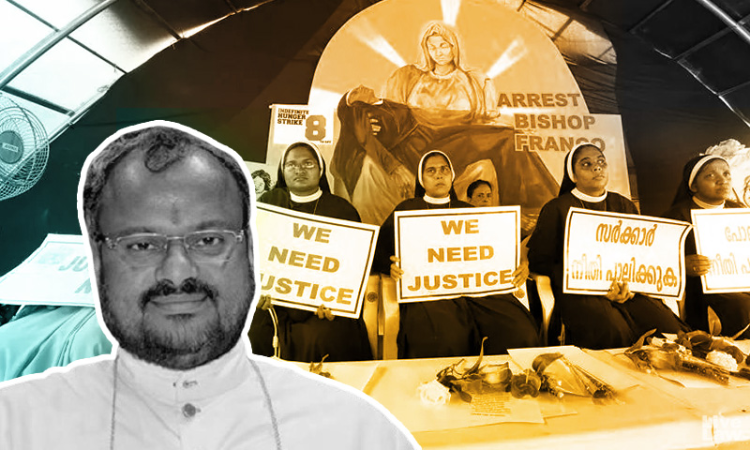Bishop Franco Mulakkal Case : Why Court Found Nun's Testimony Unreliable?
Hannah M Varghese
15 Jan 2022 5:29 PM IST

Next Story
15 Jan 2022 5:29 PM IST
The Additional District and Sessions Court Kottayam on Friday morning acquitted Bishop Franco Mulakkal who was accused of raping a nun from the Missionaries of Jesus convent in Kuravilangad. The survivor had alleged that Franco, a Bishop of Catholic Diocese at Jalandhar, raped her 13 times during his visits to the convent between 2014 and 2016.The judgment, which runs into 289 pages, has...
